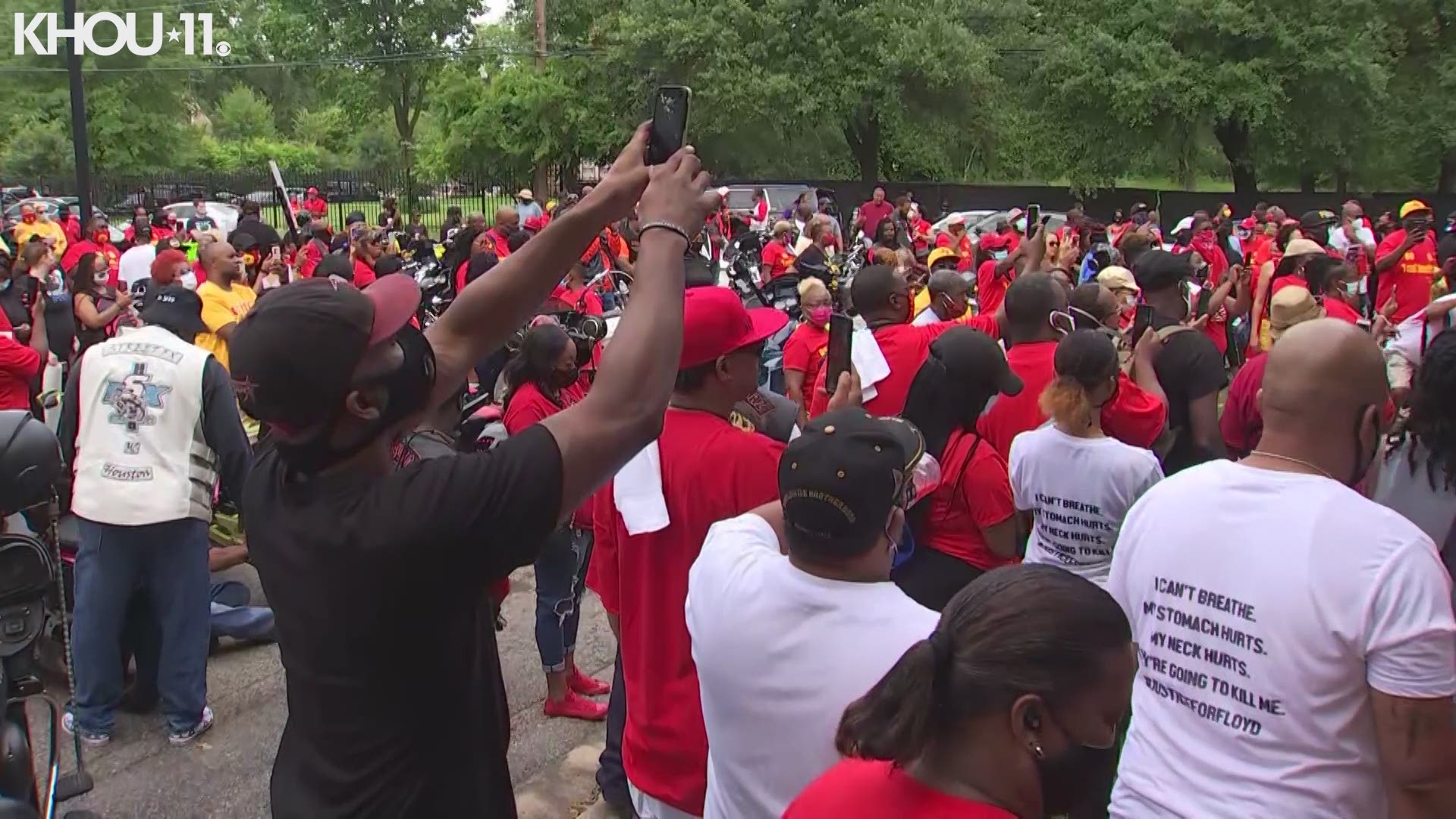![AP IWO JIMA PHOTO IDENTITIES I FILE JPN [image : 83867876]](http://www.gannett-cdn.com/-mm-/02f585b4a02978e474d1a29c0137fa92cd9317fc/c=135-0-2865-2333/local/-/media/2016/05/03/USATODAY/USATODAY/635978692481576877-AP-Iwo-Jima-Photo-Identities.jpg) In the wake of the Marine Corps launching an investigation into whether the military misidentified a man in an iconic World War II photo, James Bradley, author of Flags of Our Fathers, says he now doubts his father was actually in the image.
In the wake of the Marine Corps launching an investigation into whether the military misidentified a man in an iconic World War II photo, James Bradley, author of Flags of Our Fathers, says he now doubts his father was actually in the image.
Bradley, whose novel chronicled his father’s experience at Iwo Jima, told the New York Times he believes his father was part of a flag raising that occurred on the same day at Iwo Jima, but not the one that became the iconic image.
He said his father, John, a Navy corpsman, likely believed that the flag-raising he was a part of, was the one that Associated Press photographer Joe Rosenthal captured on Feb. 23, 1945, the New York Times reported.
Bradley’s novel about his father and the other men identified in Rosenthal’s photo became a New York Times best-selling book, and in 2006 a Clint Eastwood movie.
![Marine Corps investigating claims about iconic Iwo Jima photo [oembed : 83913126] [oembed : 83913126] [oembed : 83913126] [oembed : 83913126]](/Portals/_default/Skins/PrestoLegacy/CommonCss/images/smartembed.png)
While Bradley initially discounted claims that his father is not in the photo, he later realized that he was wrong after studying the information presented by two amateur historians in a 2014 article in the Omaha World-Herald, the Times reported.
Eric Krelle, of Omaha, Neb., and Stephen Foley, of Wexford, Ireland, alleged that Bradley was misidentified in the famous photo and was actually not in the photo at all. The duo suggests the real flag-raiser was Marine Private Harold Schultz, who died in 1995.
The Marine Corps is currently investigating whether one of the men in the photo was misidentified, Marine Corps spokeswoman Capt. Sarah Burns confirmed on Tuesday.
![Can Wisconsin son withstand Iwo Jima photo inquiry? [oembed : 83913124] [oembed : 83913124] [oembed : 83913124] [oembed : 83913124]](/Portals/_default/Skins/PrestoLegacy/CommonCss/images/smartembed.png)
Lawrence University history scholar Jerald Podair told the USA TODAY NETWORK-Wisconsin he remains skeptical that the Marine Corps will rewrite history and remove Bradley's name from the photograph.
For that to happen, the Marines need "clear and convincing" evidence, which Podair doubts exists.
"This is now a story that has lived on for 70 years," Podair said. "Over 70 years, wouldn't someone who was there that day have come forward and said, 'John Bradley wasn't there?'"
In 1945, the photo was featured on several Sunday newspapers and became a powerful image for war-weary Americans. Rosenthal was not able to get the names of the soldiers when the photo was taken, and President Franklin Roosevelt later asked the military to identify the men.
Burns did not provide a timeline for the investigation, and noted that the Marine Corps is "humbled by the service and sacrifice of all who fought on Iwo Jima."
"Rosenthal's photo captured a single moment in the 36-day battle during which more than 6,500 U.S. servicemen made the ultimate sacrifice for our nation and it is representative of the more than 70,000 U.S. Marines, sailors, soldiers and Coast Guardsmen that took part in the battle," she said in a statement.
Contributing: John Ferak, The (Appleton, Wis.) Post-Crescent
Follow @MaryBowerman on Twitter.
![Iconic Iwo Jima photo identity questions raised [video : 83872054]](http://videos.usatoday.net/Brightcove2/29906170001/2016/05/29906170001_4876248217001_4876237313001-vs.jpg?pubId=29906170001)


